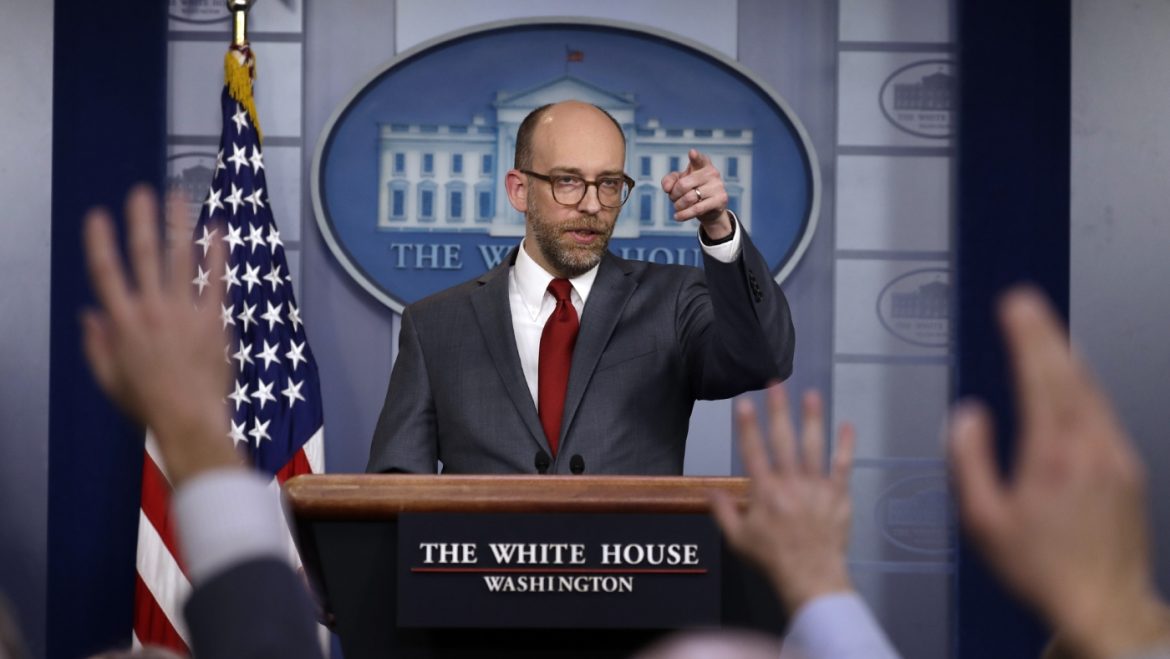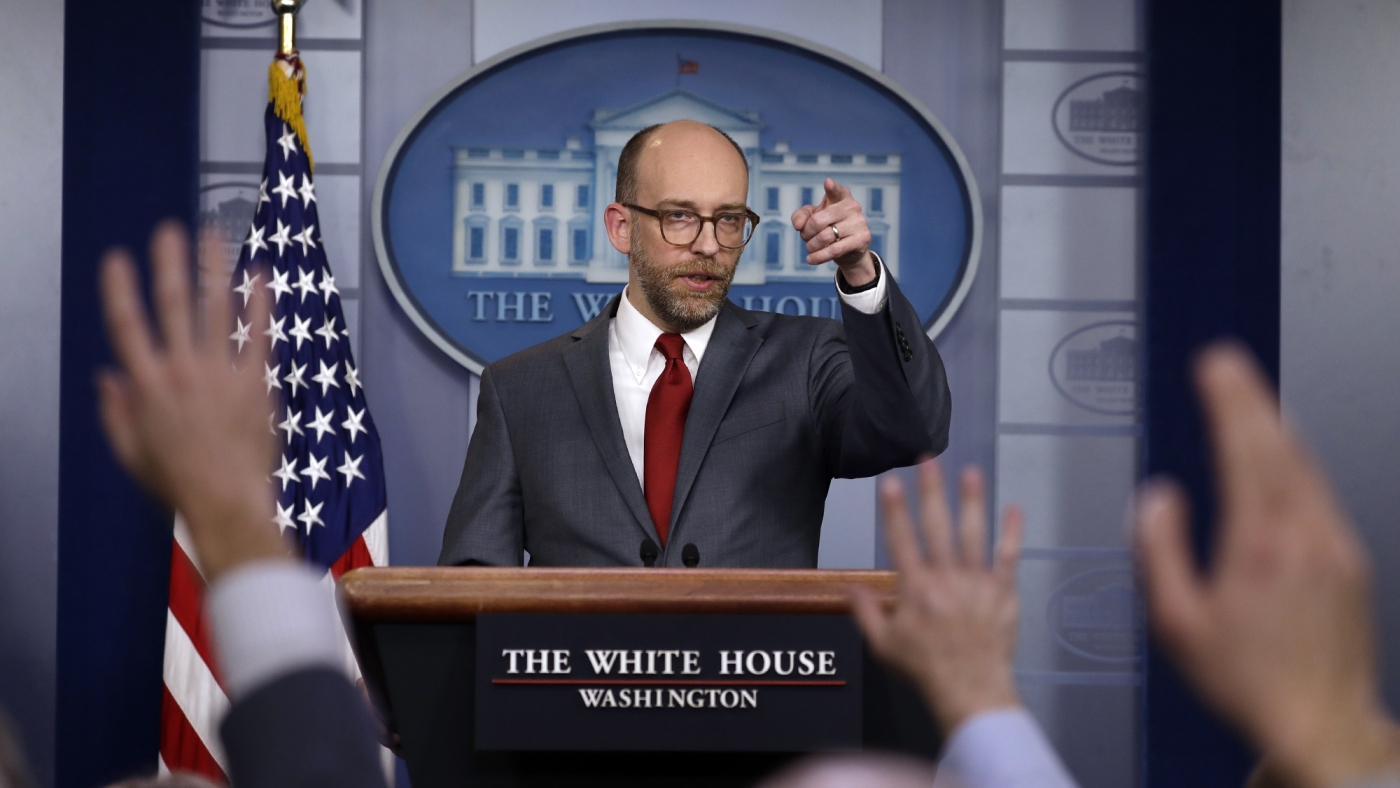The Controversy Surrounding the White House and Alleged Violations of the Impoundment Act
—
Setting the Scene: A Clash Over Federal Fund Management
Recent developments highlight a tense standoff between the White House and a nonpartisan congressional watchdog over the administration’s handling of federal funds, specifically related to infrastructure and aid programs. The core dispute centers on claims that the Trump administration unlawfully halted or impounded billions of dollars in appropriated funding, potentially violating longstanding federal statutes designed to regulate presidential control over expenditure.
These accusations come from the Government Accountability Office (GAO), an independent federal agency tasked with auditing and overseeing government spending. The watchdog concluded that the White House’s pause on funds, including a notable freeze on electric vehicle charging infrastructure grants and aid destined for Ukraine, breached the Impoundment Control Act of 1974.
—
Key Legal Framework: The Impoundment Control Act and Its Mechanisms
The Impoundment Control Act (ICA) was enacted to prohibit the president from unilaterally withholding or delaying the expenditure of funds that Congress has explicitly appropriated. It creates a legal obligation for federal officials to execute budgetary directives unless Congress authorizes otherwise.
Crucially, the act empowers the head of the GAO to initiate a lawsuit against the president if the GAO determines there has been a violation. While this legal authority exists, the GAO has not publicly announced an intent to pursue litigation in this case, leaving the situation in a somewhat ambiguous legal limbo.
—
Administration’s Position: Rejection of the Watchdog’s Findings
The White House budget office strongly rejects the GAO’s conclusions. It argues that any holding back of funds is part of an effort to root out waste, fraud, and abuse within the federal bureaucracy, asserting that the actions align with its oversight responsibilities. This stance frames the pause not as a violation but as a necessary intervention to ensure responsible federal spending.
Moreover, the administration insists that the funds in question were paused in accordance with its interpretation of the law and budgetary control powers, discounting the watchdog’s reading that these actions amount to illegal impoundments.
—
Political and Legal Ramifications: Lawsuits and Congressional Pushback
The fallout of this dispute is significant both legally and politically. Multiple states have launched lawsuits against the administration following the freezing of infrastructure funds, particularly those allocated for electric vehicle charging networks. These suits underscore the friction between the executive branch’s spending decisions and legislatures’ intent.
Senators such as Patty Murray, the vice chair of the Senate Appropriations Committee, have publicly declared that blocking Congress-approved funding violates the law, reinforcing calls for accountability. Judicial decisions further complicate the landscape; courts have partially blocked funding freezes in response to lawsuits, underscoring the ongoing legal challenge to the White House’s authority.
The controversy hasn’t been limited to infrastructure funds. It echoes prior watchdog conclusions that found the administration unlawfully withheld aid for international security, notably regarding Ukraine, which adds a broader geopolitical dimension to the scrutiny.
—
Broader Context: The Role and Independence of Federal Watchdogs
This case also illuminates tensions around federal watchdog agencies’ independence. Attempts by the Trump administration and other political forces to exert influence over watchdog leadership and functionality have been met with resistance and legal pushbacks, including appeals court rulings and Supreme Court decisions that preserve agency autonomy.
Such struggles raise fundamental questions about checks and balances in government: How independent should investigative and oversight bodies be? What limits exist on presidential control of spending once Congress has spoken? The situation suggests an ongoing contest for power and accountability within the U.S. federal system.
—
Conclusion: A Critical Juncture in Federal Budget Oversight
The standoff between the White House and the GAO over fund impoundment represents more than a simple budgetary disagreement; it pits executive discretion against congressional prerogative in a manner that tests the resilience of established legal frameworks. The administration’s refusal to accept the watchdog’s legal findings challenges norms about fiscal governance and the rule of law in budget execution.
As lawsuits proceed and the courts weigh in, the outcomes will likely set important precedents for presidential budget authority and congressional oversight capacity. For stakeholders and observers, this episode is a vivid illustration of how the procedural rules governing government spending can become flashpoints for broader political and constitutional conflict. The resolution will resonate beyond immediate funding allocations, shaping the balance of power in Washington and the integrity of federal fiscal policy.


